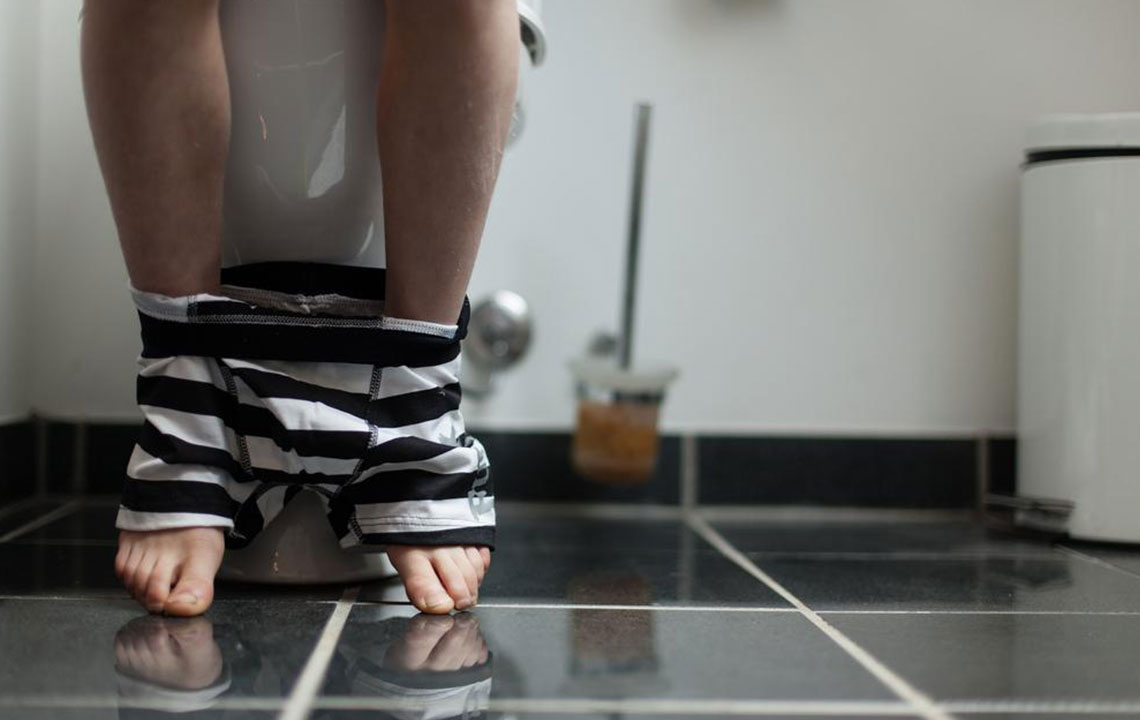Effective Strategies to Alleviate Constipation and IBS Symptoms
Discover effective methods to manage constipation and IBS, including dietary tips, medications, yoga, and stress relief techniques to improve digestive health. Always consult a healthcare professional for personalized treatment plans tailored to your needs for lasting relief.
Sponsored

Many individuals experience constipation as they age, often linked with irritable bowel syndrome (IBS). A primary symptom of IBS is abdominal discomfort, which results from changes in bowel habits, including chronic diarrhea or constipation. These symptoms may develop gradually and fluctuate over time, sometimes intensifying or subsiding. Constipation involves difficulty or infrequent bowel movements and a sensation of incomplete evacuation. Approximately 25 to 45 million people worldwide suffer from IBS, impacting their daily lives.
Managing constipation and IBS requires a combination of approaches, including dietary modifications, exercise, medication, and stress reduction. These strategies aim to ease bowel movements, reduce abdominal pain, and alleviate bloating. It’s essential not to self-medicate; consult a healthcare professional for accurate diagnosis and proper treatment, especially since laxatives and supplements may carry risks.
Key management tips include:
Diet Changes: Incorporate fiber-rich foods like fruits, vegetables, whole grains, beans, and cereals. If certain fibers don’t suit you, alternatives like dried prunes, flaxseeds, and increased water intake can help. Avoid caffeine, alcohol, and fizzy drinks while limiting processed foods such as white bread, cookies, and chips, which can slow digestion.
Supplements: Fiber supplements containing wheat bran, psyllium, or corn fiber can promote healthier bowel movements if dietary intake isn’t sufficient.
Laxatives: Various laxatives are available, but daily use can be harmful. Always seek medical advice to choose appropriate options based on your specific condition.
Medication: Products like linaclotide and lubiprostone are prescribed for IBS-related constipation. They should be taken under medical supervision to manage side effects such as nausea or diarrhea. Sometimes, doctors may recommend antidepressants or antispasmodics for better symptom control.
Stress Management: Stress significantly impacts IBS. Engaging in regular exercise, meditation, yoga, listening to calming music, or receiving massages can greatly reduce symptoms.
Yoga: Certain yoga postures, including the peacock pose, spinal twists, wind-relieving pose, plow pose, and butterfly pose, are beneficial in managing constipation and IBS symptoms effectively. These can be practiced anytime during the day.
Additional therapies like acupuncture and essential oil massages may also provide relief, but consulting a healthcare professional beforehand is advisable. Developing a personalized treatment plan with your doctor ensures effective management of symptoms, which vary from person to person. Patience and adherence to the prescribed therapies are key to successfully controlling IBS and constipation.






